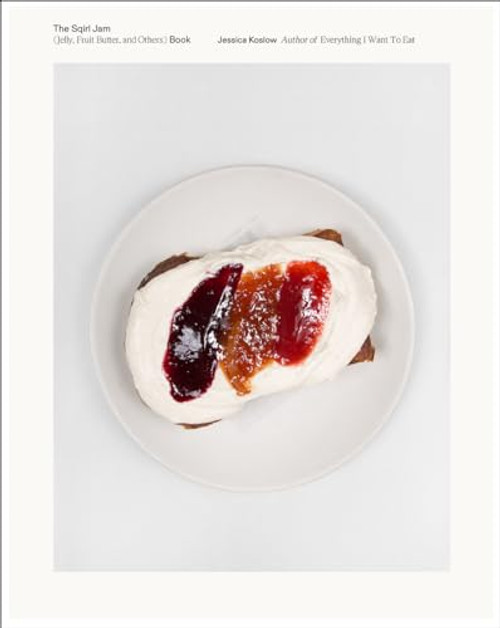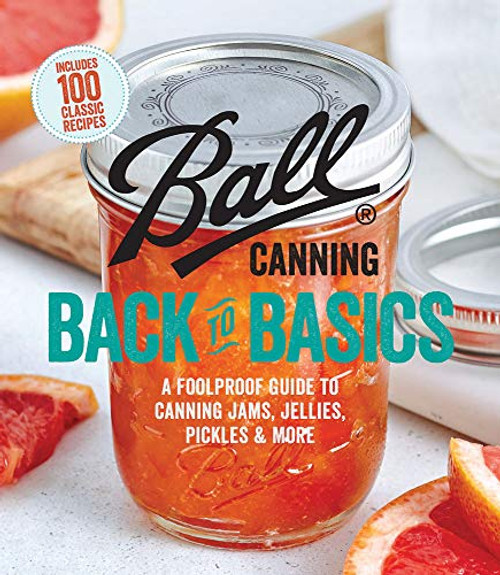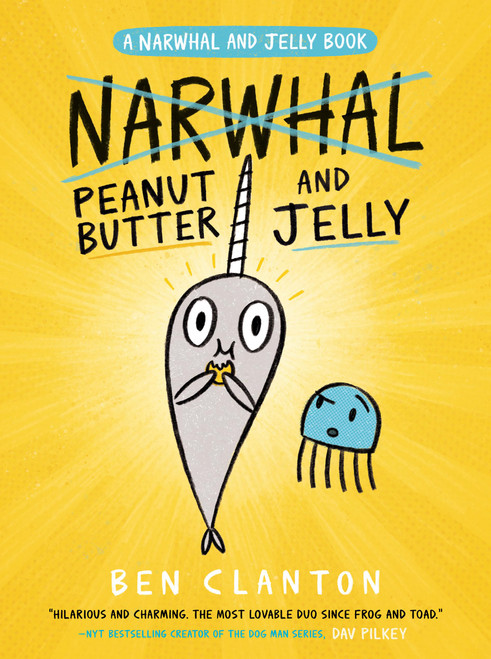Remember the jams and jellies that Grandma made? She knew just what ingredients to use and just how long to cook them to make her own jams immeasurably better than any store-bought product. If she once used a cookbook as a young woman, she now worked from memory and never wrote any of her recipes down. But recipes like these have not been lost forever because English author May Byron did compile a recipe book for jams and jellies at the same time that Grandma was first learning how to make her own.
Now republished in America, this book contains over 500 old-time recipes for not only jams and jellies, but marmalades, preserves, conserves; cheeses, pastes, butters; candied, brandied, and crystallized fruits; spiced fruits and canned fruits. There are 341 recipes for jams through conserves alone: for such popular fruits as the apple, blackberry, cherry, grape, peach, plum, raspberry, and strawberry; for orange, lemon, and grapefruit; for such unusual fruits as the currant, date, fig, guava, gooseberry, pomegranate, and quince; even for the banana, coconut, carrot, rosehip, rhubarb, and tomato. And then come the preserves of mixed fruits, from banana and orange jam to pear and pineapple preserve. An additional 202 recipes show you how to make such other preserved fruit items as canned cherries, plum paste, apple butter, brandied peaches, spiced grapes, and dried raspberries. A special section explains canning fruits without using sugar.
In addition, the author has included information on fruit, sugar, necessary utensils, preparation, and storage. A Note for the American Reader added to this reprint defines certain British usages and brings preserving methods up to date. If you have had trouble in making your own jams and jellies, or have only just started, you must know that good technique is not enough without a good recipe. And here they are recipes used for more than 50 years to make delicious preserves. Now, at long last, you can use them, too.
Now republished in America, this book contains over 500 old-time recipes for not only jams and jellies, but marmalades, preserves, conserves; cheeses, pastes, butters; candied, brandied, and crystallized fruits; spiced fruits and canned fruits. There are 341 recipes for jams through conserves alone: for such popular fruits as the apple, blackberry, cherry, grape, peach, plum, raspberry, and strawberry; for orange, lemon, and grapefruit; for such unusual fruits as the currant, date, fig, guava, gooseberry, pomegranate, and quince; even for the banana, coconut, carrot, rosehip, rhubarb, and tomato. And then come the preserves of mixed fruits, from banana and orange jam to pear and pineapple preserve. An additional 202 recipes show you how to make such other preserved fruit items as canned cherries, plum paste, apple butter, brandied peaches, spiced grapes, and dried raspberries. A special section explains canning fruits without using sugar.
In addition, the author has included information on fruit, sugar, necessary utensils, preparation, and storage. A Note for the American Reader added to this reprint defines certain British usages and brings preserving methods up to date. If you have had trouble in making your own jams and jellies, or have only just started, you must know that good technique is not enough without a good recipe. And here they are recipes used for more than 50 years to make delicious preserves. Now, at long last, you can use them, too.











